SUMMARY
This is AI generated summarization, which may have errors. For context, always refer to the full article.
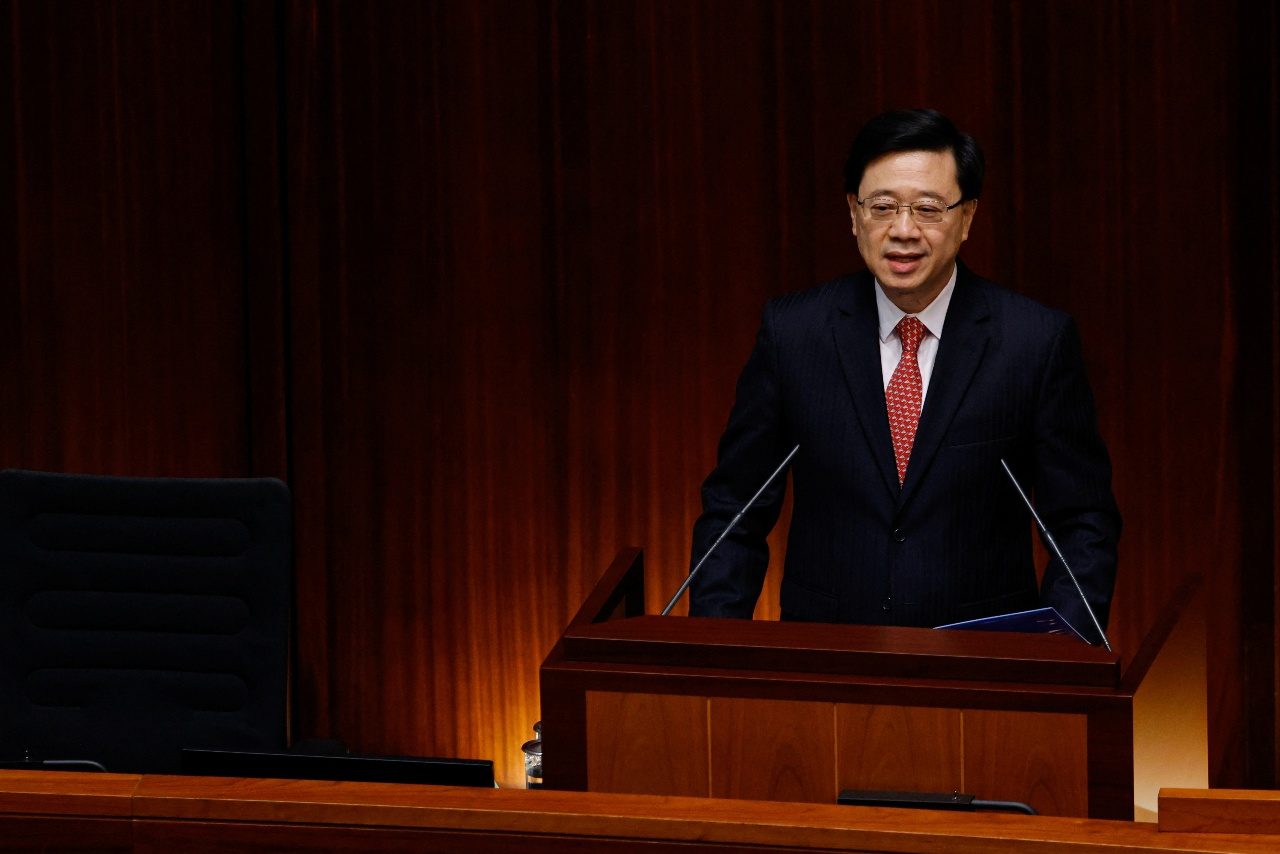
HONG KONG – Hong Kong leader John Lee said on Tuesday, November 29, the central government in Beijing was “highly concerned” about the issue of foreign lawyers appearing in national security cases, with a landmark legal interpretation on the matter by Beijing expected soon.
Lee on Monday, November 28, asked Beijing’s legislative body to rule on a Hong Kong request to block foreign lawyers from working on national security cases, after the city’s top court ruled that a British lawyer could represent jailed pro-democracy tycoon Jimmy Lai.
Lee told a news conference on Tuesday that he expected China’s National People’s Congress Standing Committee (NPCSC) to make a ruling on the matter “as soon as possible,” but did not indicate whether the decision would come before the start of Lai’s trial on Thursday, December 1.
Lee said Hong Kong authorities are seeking a delay to the start of the trial.
Hong Kong’s Department of Justice has repeatedly tried and failed to prevent British barrister Timothy Owen from representing Lai, one of the most prominent Hong Kong critics of China’s Communist Party leadership, in a landmark national security case.
Owen told Reuters he was unable to comment on the situation.
Hong Kong’s highest court, the Court of Final Appeal, on Monday dismissed a government bid to block Owen from the trial and impose a “blanket ban” on foreign lawyers working on national security cases.
But Lee argued that Beijing’s intervention, which would be only the sixth instance of China’s top legislative body weighing in on legal matters in Hong Kong, was necessary in part because a foreign lawyer might divulge state secrets or be compromised by a foreign government.
Some legal experts said, however, that this would erode public confidence in Hong Kong’s judicial independence, which was guaranteed under the “one country, two systems” arrangement in place since the former British colony was returned to China in 1997.
“What we’ve seen with interpretations is basically, ‘Heads I win, tails you lose,” Alvin Cheung, an assistant law professor at Queen’s University in Canada, told Reuters.
Cheung was part of a group that drafted a legal analysis in May, signed by Britain’s former Justice Secretary Robert Buckland and retired Australian high court judge Michael Kirby, that identified NPCSC interpretations as one of the main threats to Hong Kong’s rule of law.
“The NPCSC is a political (and undemocratic) body whose proceedings take place behind closed doors, with no participation from the parties at suit. Its decisions are actuated by political considerations rather than legal evaluation and contain little to no reasoning,” the legal opinion read.
Victor Dawes, chairman of the city’s Bar Association, said he hoped the NPCSC’s power of interpretation would be used sparingly, but said Hong Kong had enough senior talent in the local bar to handle national security cases.
“The exercise of such power will inevitably attract discussion and also criticism of our legal system,” said Dawes, whose group represents Hong Kong’s more than 1,600 barristers.
Speaking privately, five criminal and commercial lawyers who are members of the local bar said the move was being widely discussed among their peers, sparking concerns that it would further dent the city’s rule of law traditions which had long included the use of foreign lawyers by both prosecutors and the defense.
“It is a grim moment,” said one veteran Hong Kong criminal lawyer. “Some of us will be accelerating plans to leave. The message is all too clear.” The lawyer declined to be named due to the sensitivity of the situation.
Hong Kong officials, including Lee, have said repeatedly that Hong Kong is strongly committed to the rule of law, and its independent judicial power is constitutionally protected. – Rappler.com
Add a comment
How does this make you feel?
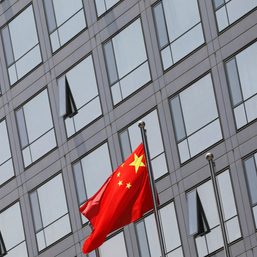
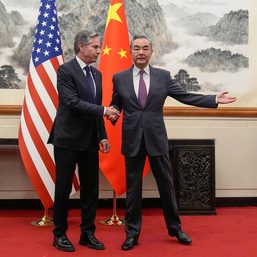
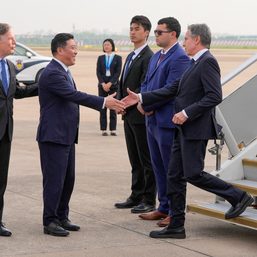
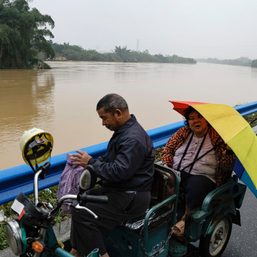
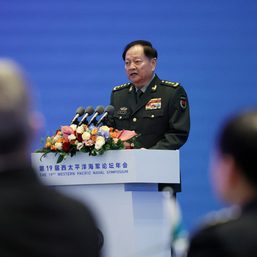
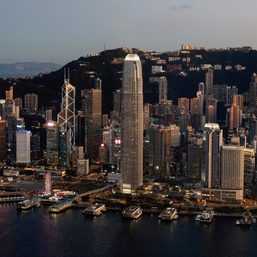
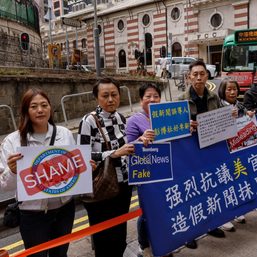
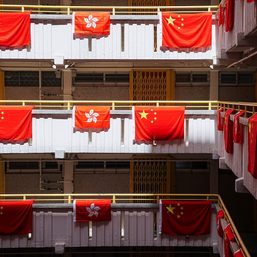
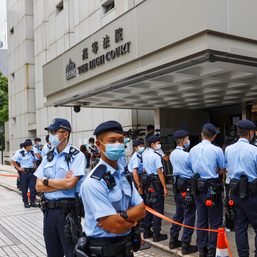
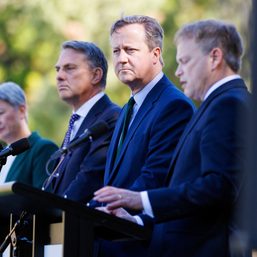
There are no comments yet. Add your comment to start the conversation.